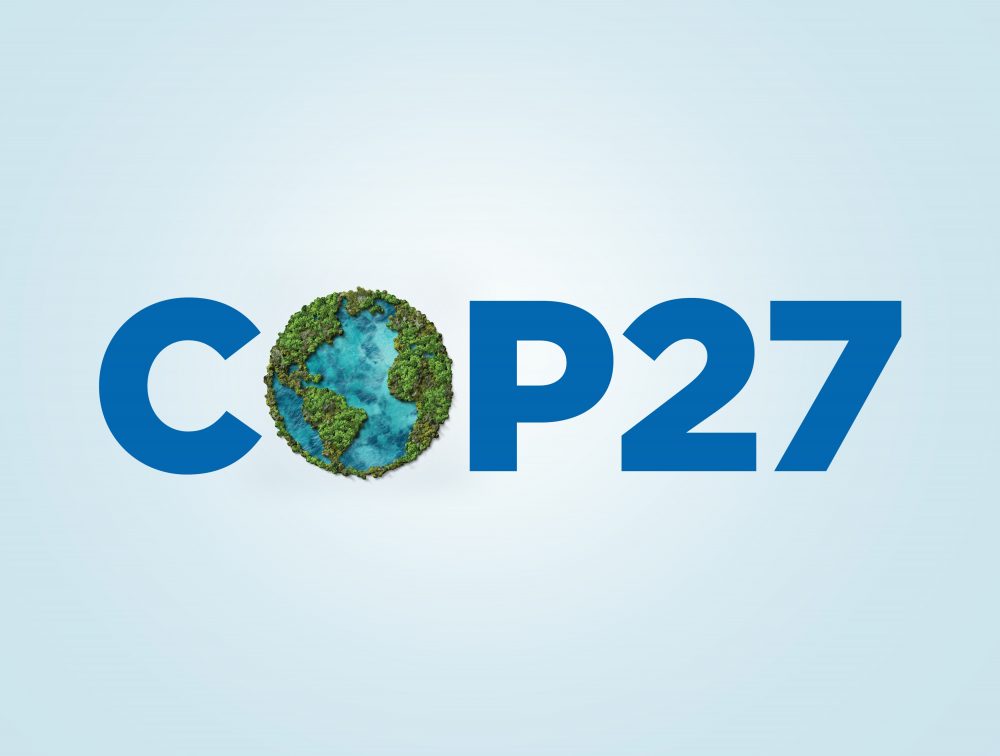
SUMMARY
“Networks are so important because no one university has all the skills and experts to address all the challenges of climate change,” said Bill Flanagan, President and Vice-Chancellor of the University of Alberta, who represented WUN at a COP27 side event.
STORY
Why aren’t universities more present in high-level discussions of climate change? That was the prompt at a COP27 side event last month.
The international gathering, the 27th session of the Conference of the Parties to the United Nations Framework Convention on Climate Change (UNFCCC), took place in Sharm El-Sheikh, Egypt. There, heads of state and approximately 35,000 other delegates met to discuss how UN nations can collectively address the mounting climate crisis.
The side event gathered representatives from networks of universities, including the Worldwide Universities Network (WUN), the Italian University Network for Sustainable Development (RUS), the University Climate Change Coalition (UC3), and the U7+ Alliance of World Universities, which convened the meeting.
After a video featuring students and their climate-relevant research, the discussion began with a broad question from moderator Annalise Riles of Northwestern University: In what ways do universities provide solutions for climate change?
“It’s in universities that solutions will be found–in the talent of our students and our faculty,” answered Bill Flanagan, President and Vice-Chancellor of the University of Alberta, who represented WUN on the panel.
That said, “networks are so important because no one university has all the skills and experts to address all the challenges of climate change.” The crisis has “differential impacts around the world,” he continued, which makes the representation of partners in the Global North and Global South crucial to a network like WUN.
In response to questions, the panelists found agreement on the importance of the university’s “third mission,” or its commitment to its communities and their involvement in climate action. They held up concrete examples of actions universities are already taking, such as development of new technologies and pedagogy that fosters good citizenship.
When the conversation turned to universities’ partnerships with industry, audience members asked questions about how universities can better engage with industry so our work can have impact, how industry can be part of the solution, and the importance of universities having effective strategies and processes in working with potential partners.
In an interview before the event, Flanagan summed up the purpose of such network-to-network brainstorming: “How can we play an even larger role in finding those solutions? And not just by doing research and publishing it, but by being part of the global conversation?”
“We can’t be having these conversations in isolation,” agreed Aminah Robinson Fayek, vice president of research and innovation at the University of Alberta, in the interview.
As a closer, Riles asked for a quick slogan to sum up the place of universities at COP27. “Collaboration for impact,” supplied Flanagan.
Additional panelists were: Henry Ibitolu of the University of Edinburgh representing U7+; Patrizia Lombardi of Politecnico di Torino, representing RUS; and Cécile Sabourault of Université Côte d’Azur representing U7+.
This side event can be viewed here.